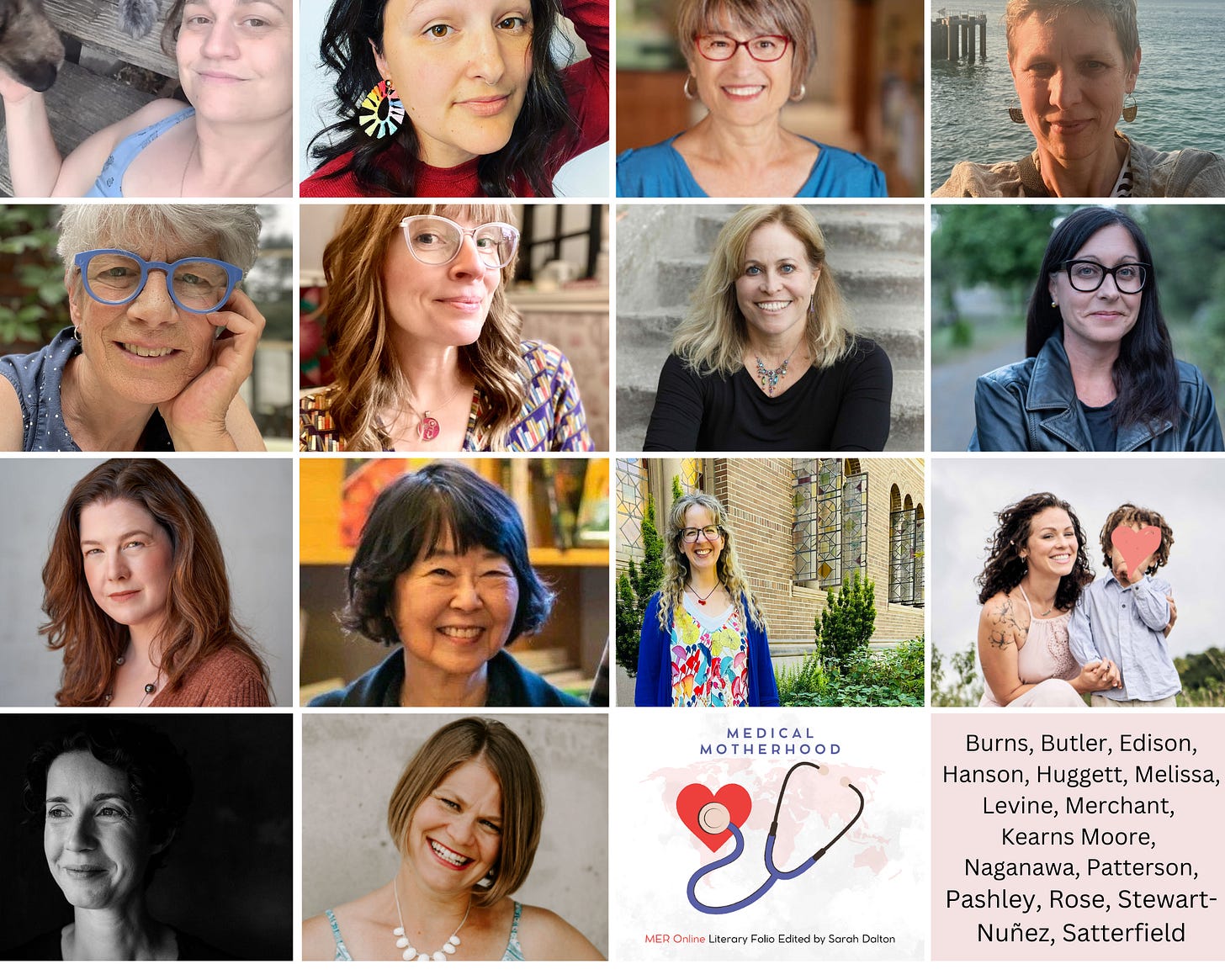What I Know and What I Don't
MER publishes one of my poems; plus: DOJ sues Maine for lack of behavioral health; and Forbes offers resources for working parents of disabled children
Hello readers,
I have something special for you today. Online literary magazine Mom Egg Review (MER) just published a collection of poetry and creative nonfiction based around the idea of Medical Motherhood. Folio editor Sarah Dalton reached out to invite me to participate in the collection, saying that the effort was inspired by this very newsletter, as…




